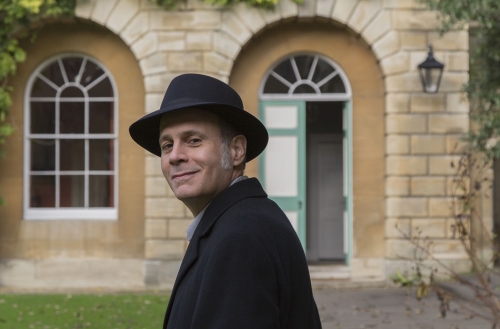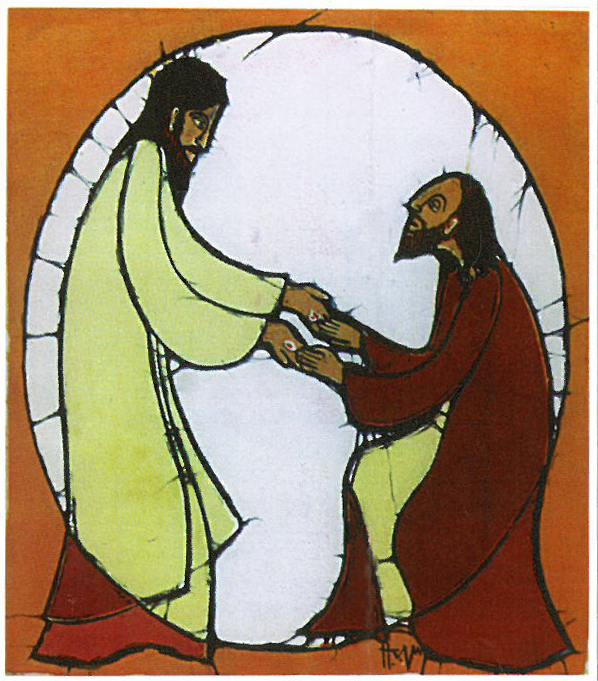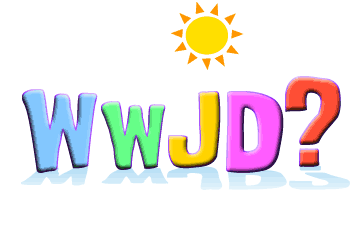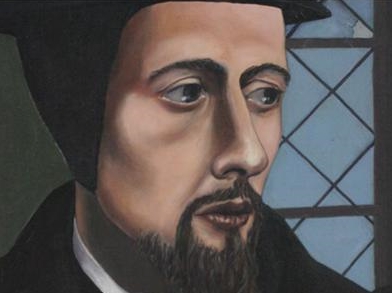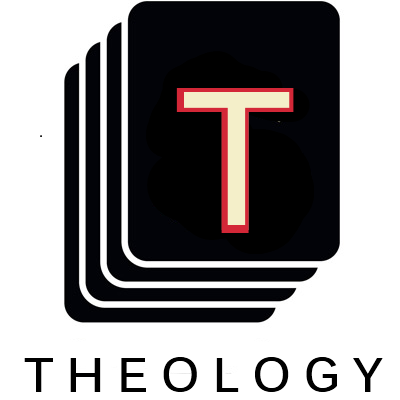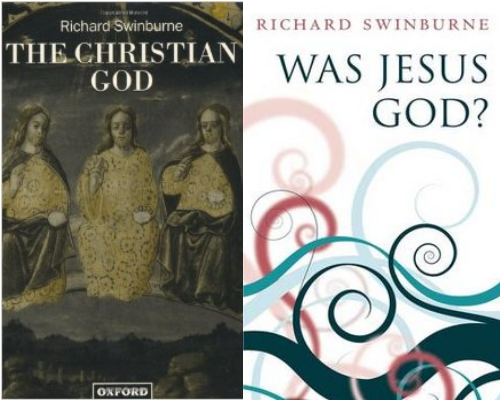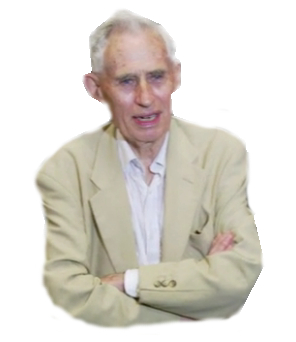10 steps towards getting less confused about the Trinity – #5 “Persons” – Part 1
In standard formulations of trinitarian theology nowadays, one says that there is (only) one God “in three Persons.” But what does this mean? We can ask about how these “Persons” relate individually or collectively to the one God. How exactly are they “in” him? But more fundamentally, what is meant by “Person” here? Some trinitarians will tell you that the answer is, basically: nothing. The… Read More »10 steps towards getting less confused about the Trinity – #5 “Persons” – Part 1

